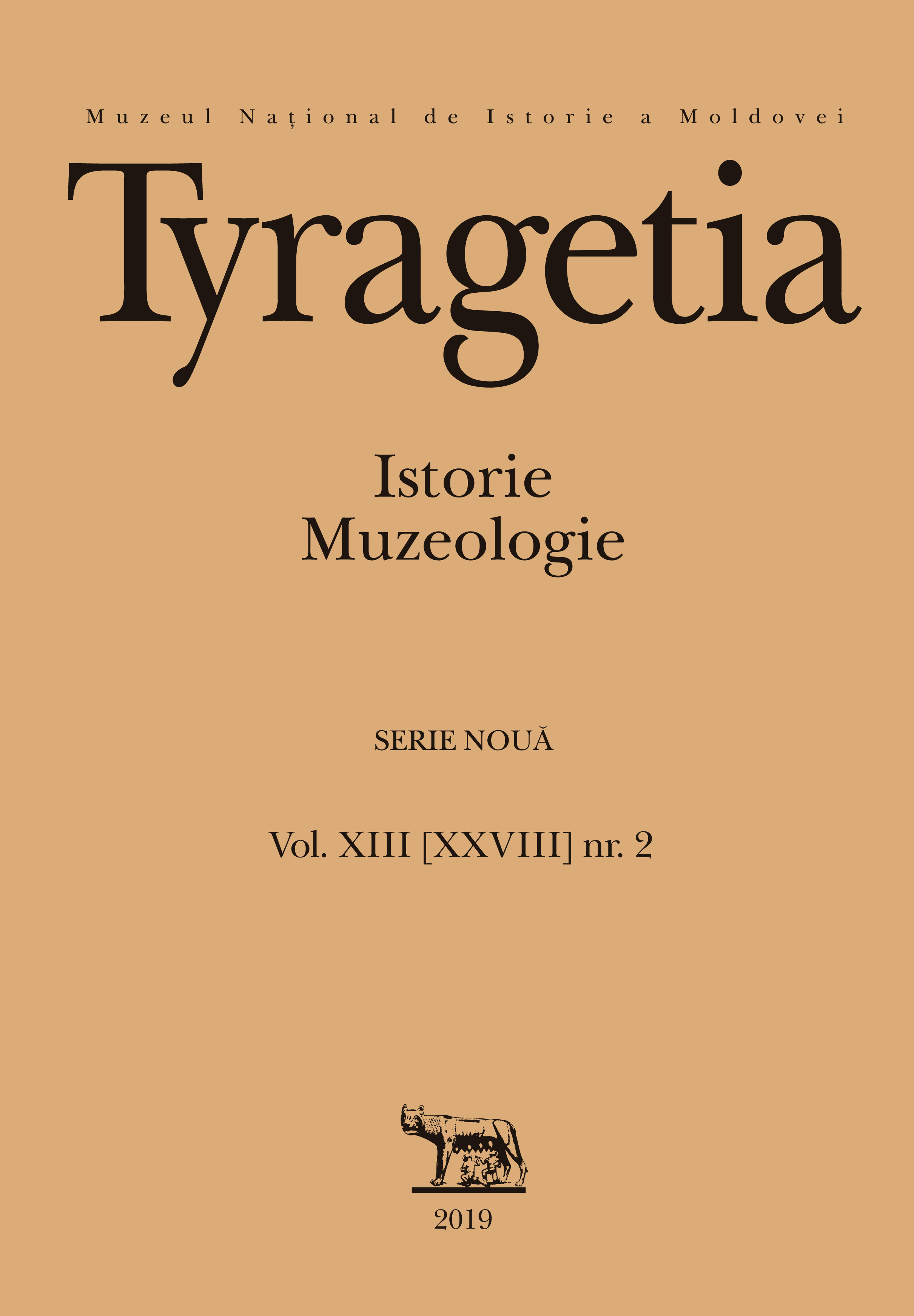Principiile Codului deontologic al ICOM şi unele probleme de etică profesională din sistemul muzeal al Republicii Moldova
Principles of the ICOM Code of Ethics and some issues of professional ethics in the museum system of the Republic of Moldova
Author(s): Elena PloshnitsaSubject(s): Cultural history
Published by: Muzeul Naţional de Istorie a Moldovei
Keywords: museum ethics; profession; code of ethics; museum; museum system; ICOM; principle;
Summary/Abstract: An important aspect of the professionalization of the museum sector is the institutionalization of the methods of competence assurance in the field. In this respect, an important indicator is the existence and implementation in practice of the Code of Ethics. The idea of museum ethics was launched in the US in 1902. The first national organization to publish the Code of Ethics was the Union of Museums in Germany – it happened in 1918. In 1925, the Association of American Museums published a Code of Ethics for Museums. In the 70s of the 20th century codes of ethics appeared in several countries – in 1977 – New Zealand and the United Kingdom, in 1979 – Canada and Israel, in 1982 – Australia. In 1974, ICOM’s 11th General Assembly (Copenhagen) called into question the need for a Code of Ethics for museum specialists. Such a Code was approved in 1986 at the ICOM Buenos Aires General Conference. The English and American Codes were set at the base of this Code. It was renewed in 2001 and 2004 and renamed the ICOM Code of Ethics for Museums. In Chişinău, the Code was translated into Romanian but was not approved by the National Committee of ICOM Moldova. It has been published, but it is little known – the code sums up a set of rules to be respected by the entire museum community. The code does not have legal force, in other words, it is not binding. It can only be effective when museographers are interested in respecting the principles of the Code. The ICOM Code is a reference document for museum specialists and contains defining principles for the professional ethics of the museum, a total of 8 principles. In the article, the author analyzes the principles included in the Code and tries to determine the modalities and responsibilities for their application in the museum system of the republic. Some ethical issues identified in museum activities, functioning of the Moldovan museum system and museum management are highlighted by reference to the components of the principles of the ICOM Code of Ethics.The author concludes that the absence of ethical, written or unwritten principles in the work of a museum institution leads to conflicts and dilemmas. No existing law in the Republic of Moldova regulates rules of good governance in the field of museums, in the field of protection and valorisation of cultural heritage. But there is the Code of Ethics for ICOM Museums, over which the museum world should lean and study, while the principles of the Code should be applied and respected in the everyday work. Because the Code defines the admissible behavior and responsibility of museographers, it protects the museum profession.
Journal: Tyragetia (Serie Nouă)
- Issue Year: XIII/2019
- Issue No: 2
- Page Range: 339-346
- Page Count: 8
- Language: Romanian

